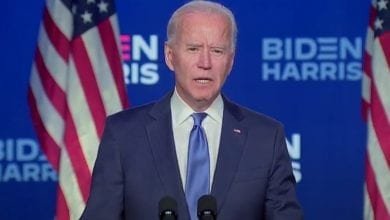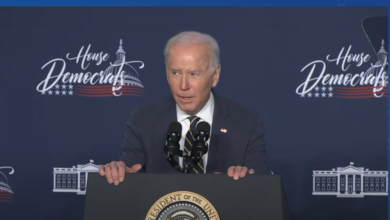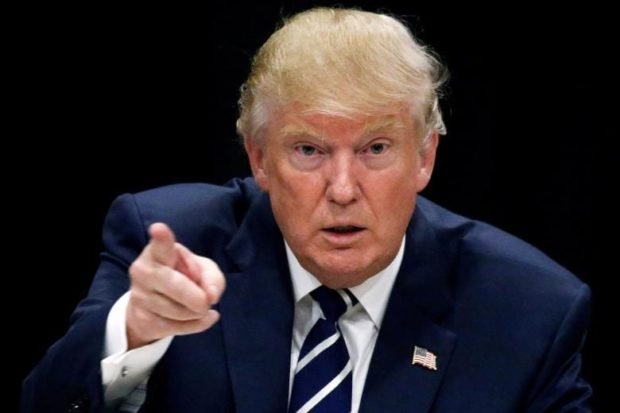President Trump Can Be Neither Indicted Nor Tried for Firing Comey
“Nonjusticiable” – The word of the day. (June 3, 2018)
Definition of Justiciability: “Justiciability refers to the types of matters that the federal courts can adjudicate. If a case is “nonjusticiable”, a federal court cannot hear it. To be justiciable, the court must not be offering an advisory opinion, the plaintiff must have standing, and the issues must be ripe but neither moot nor violative of the political question doctrine.” (See Legal Information Institute, Wex Legal Dictionary.)
The definition contains an essential term of art, i.e., “political question doctrine.” Why is that term of art essential?
Because it helps to clarify that President Trump can neither be indicted nor tried for using the Executive powers vested in him by the U.S. Constitution and as ruled on by our Supreme Court. (U.S. Constitution, Art. II; Marbury v. Madison (1803) 5 US 137, 165-6; Baker v. Carr (1962) 369 US 186, 210, 217.)
How to identify political question doctrine: “Prominent on the surface of any case held to involve a political question is found a textually demonstrable constitutional commitment of the issue to a coordinate political department… .” (Baker, supra, at 217.) Let’s apply that law to the firing of Mr. Comey.
It is noted that James Comey served at the will of the President and the President had the constitutional power to fire Mr. Comey at any time. Indeed, Mr. Comey publicly acknowledged and agreed that was a condition of his employment. That condition arises from the U.S. Constitution vesting such power in the Chief Executive as related to the employment of Mr. Comey. And, ergo, that is “a textually demonstrable constitutional commitment of the [subject] issue to a coordinate political department”, i.e., to the Chief Executive. The firing of Mr. Comey was/is a political matter. It is a nonjusticiable matter. In simple words, a court of law has no authority to hear the matter.
Furthermore, Congress lacks the power to change the powers that the US. Constitution vests in the Chief Executive of the United States. The Supreme Court, through its power of judicial review, can rule that such a change is unconstitutional because it is repugnant to the constitution. (Marbury v. Madison (1803) 5 US 137, 179.)




